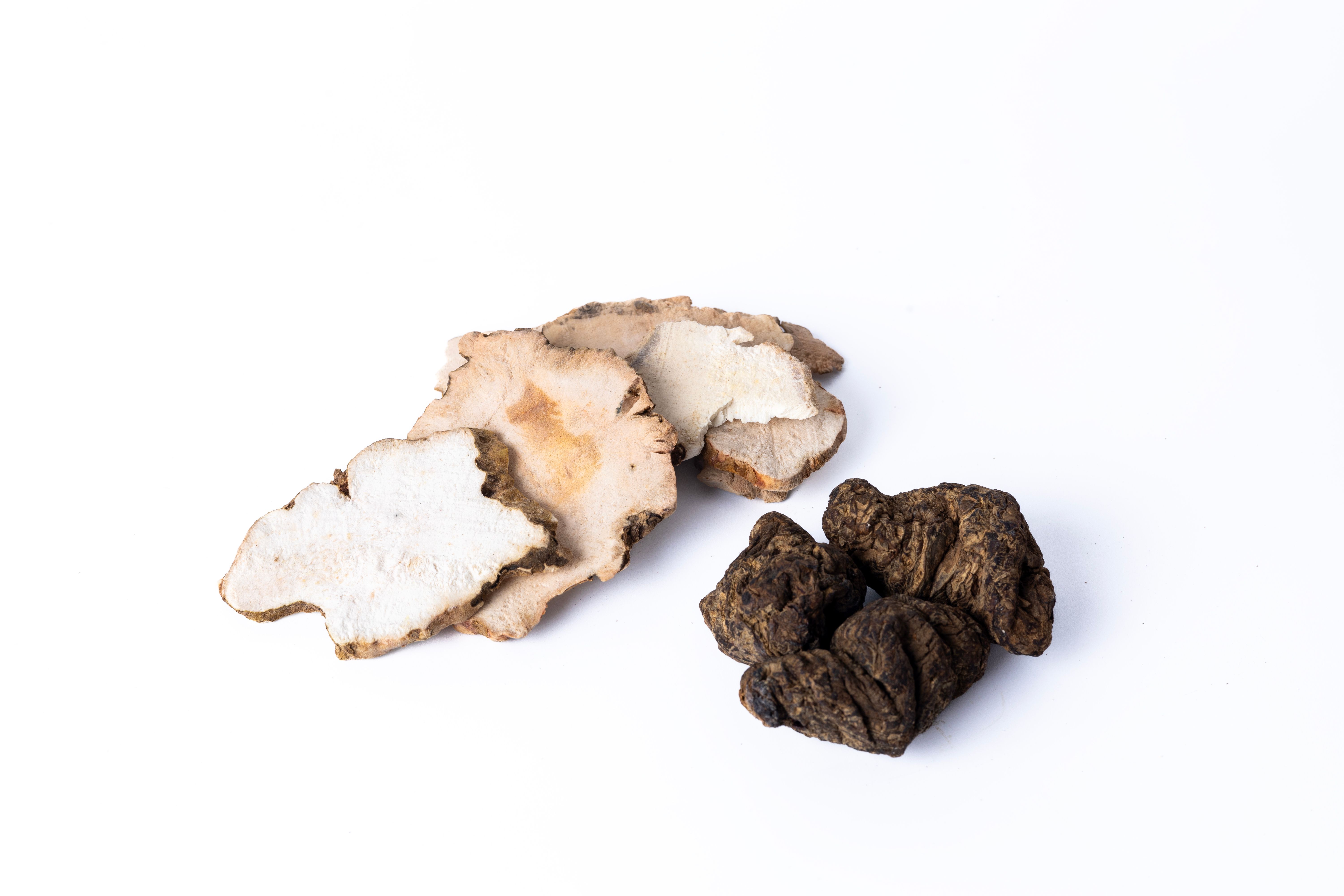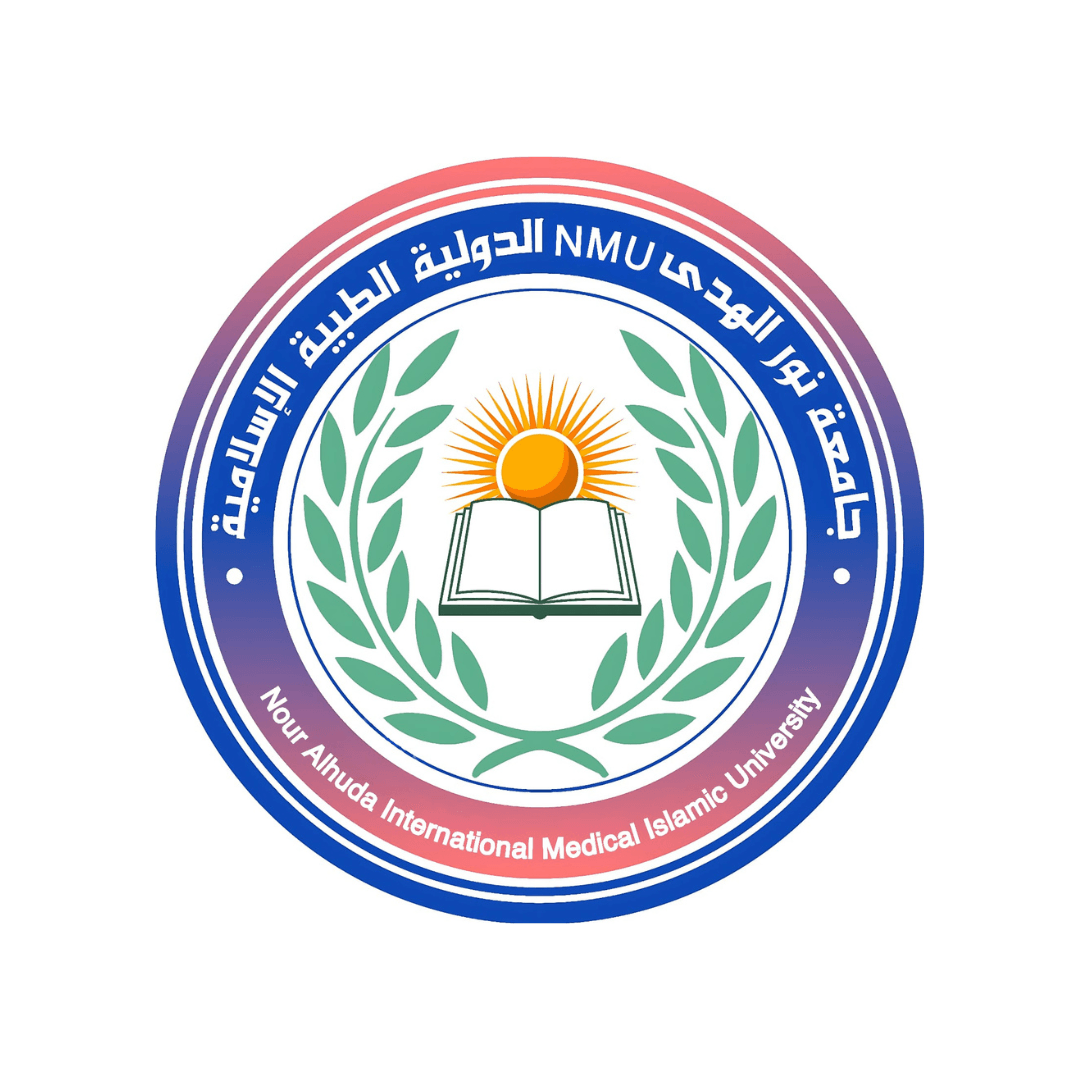Exploring Postgraduate Islamic Medicine Courses
Introduction to Islamic Medicine
Islamic medicine is a historical and cultural treasure trove that has contributed significantly to modern medical practices. Rooted in the rich traditions of the Islamic Golden Age, it encompasses a range of healthcare practices that blend holistic approaches with empirical research. Today, postgraduate courses in Islamic medicine offer an opportunity to delve deeper into this fascinating field, exploring both its historical significance and contemporary relevance.
Postgraduate courses in Islamic medicine are designed to provide students with a comprehensive understanding of the historical context, philosophical underpinnings, and practical applications of Islamic medical practices. These programs often integrate traditional knowledge with modern scientific advancements, offering a unique perspective on healthcare.

Core Components of Postgraduate Courses
Postgraduate courses in Islamic medicine typically cover a broad range of subjects. Key components often include:
- History and Philosophy: Exploring the evolution of Islamic medicine and its philosophical foundations.
- Herbal Medicine: Studying the use of natural plants and herbs in treatment.
- Prophetic Medicine: Understanding remedies and practices mentioned in religious texts.
- Ethical Considerations: Delving into the moral and ethical aspects of medical practice from an Islamic perspective.
These courses aim to equip students with a holistic understanding of medical practices and their applications in contemporary healthcare settings. By examining the integration of traditional and modern methods, students gain insights into patient care that are both compassionate and effective.
Career Opportunities
Pursuing a postgraduate course in Islamic medicine opens up a variety of career opportunities. Graduates can work in diverse fields, including complementary and alternative medicine, healthcare consulting, academic research, and teaching. Some may also choose to specialize further, engaging in advanced research or clinical practice.

The demand for professionals with expertise in traditional and integrative medicine is growing, as more individuals seek holistic approaches to health and wellness. This trend underscores the value of these courses in providing students with the skills needed to thrive in an evolving healthcare landscape.
Choosing the Right Course
Selecting the right postgraduate program is crucial for maximizing your learning experience. When choosing a course, consider factors such as curriculum, faculty expertise, and available resources. Look for programs that offer a balanced approach, incorporating both theoretical knowledge and practical applications.
Additionally, consider the format of the course. Some programs may offer online modules, allowing for greater flexibility, while others might provide hands-on experiences through workshops or clinical placements. Weigh these options based on your personal learning style and career aspirations.

The Future of Islamic Medicine Studies
As interest in holistic healthcare continues to rise, postgraduate studies in Islamic medicine are poised to play a significant role in shaping future medical practices. By bridging the gap between traditional wisdom and contemporary science, these courses foster a new generation of healthcare professionals who value both evidence-based practices and cultural heritage.
Enrolling in a postgraduate program in Islamic medicine not only enriches your knowledge but also empowers you to make meaningful contributions to the field of medicine. Whether you are drawn by a passion for history or a commitment to advancing patient care, these courses offer a rewarding path for personal and professional growth.
